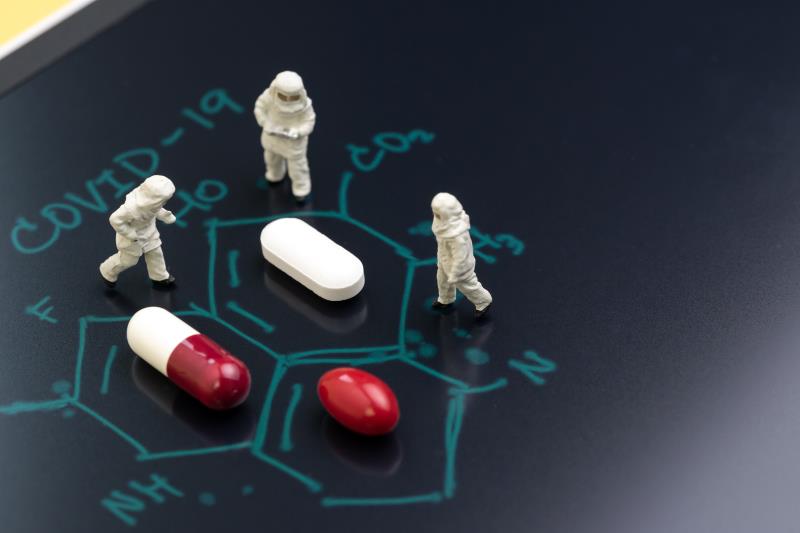
A team of researchers has provided key information for gastroenterologists in managing patients with gastrointestinal (GI) conditions in view of the coronavirus disease (COVID-19) pandemic.
“This is a rapidly evolving area with new information emerging on a daily basis,” said author Dr Ryan Ungaro from the Icahn School of Medicine at Mount Sinai in New York City, New York, US, in a press release. “We therefore aim to provide a brief overview of COVID-19 for the gastroenterology community based on currently available information to help assist with addressing patients’ questions and concerns.”
“Potential GI manifestations of COVID-19 [include] nausea, vomiting, diarrhoea, and abnormal liver function tests. [While] SARS-CoV-2* has been detected in patient stools, [it remains] unclear if there is a faecal-oral route of infection,” revealed the authors in their article. [Clin Gastroenterol Hepatol 2020;doi:10.1016/j.cgh.2020.03.020]
The incidence of diarrhoea among COVID-19 patients has jumped from 2 percent to 33 percent, and was one of the more pronounced symptoms reported in the US. [Gut 2020;doi:10.1136/gutjnl-2020-320832; N Engl J Med 2020;382:929-936] This implies that apart from the usual respiratory pathway, the GI tract may be a potential route of infection, noted the authors. “[This also underscores the] importance of personal protective equipment during endoscopy.”
In terms of laboratory findings in COVID-19 patients, leukopenia or leukocytosis have been reported in up to 30 percent of cases, while elevated alanine aminotransferase/aspartate aminotransferase levels have been observed in about 37 percent. [Lancet 2020;395:497-506] In China, there have been reports of elevated total bilirubin levels in about 10 percent of patients. [N Engl J Med 2020;doi:10.1056/NEJMoa2002032]
These indications should signal gastroenterologists to delineate between regular gastrointestinal symptoms or potential SARS-CoV-2 infection, noted the authors.
IBD
COVID-19 may be of particular concern to inflammatory bowel disease (IBD) patients receiving immunosuppressive drugs. “Prior IBD research has found that viral infections are more likely among patients on immunomodulators (eg, 6-mercaptopurine, azathioprine) than biologics; [however,] it is unclear if this can be extended to COVID-19,” they said. [Gastroenterology 2018;155:337-346]
Except for a case series in China showing nonsevere disease in some immunosuppressed patients, there is insufficient data that can verify the effect of immunosuppression on susceptibility to COVID-19, noted the authors.
As such, IBD patients or other immunosuppressed patients (eg, individuals with autoimmune hepatitis) should not be advised against taking their medications, as the risk of disease flare far outweighs the odds of contracting the virus causing COVID-19, they said.
A pragmatic approach for immunosuppressed patients is to abide by the current standard measures (ie, wear masks, observe proper hand hygiene, avoid crowds, limit travel, stay home). “While COVID-19 is a significant global public health concern, it is important to keep its risks in perspective and stay [informed] on current research and recommendations1,2,3 in order to provide patients with the most accurate advice,” said Ungaro.